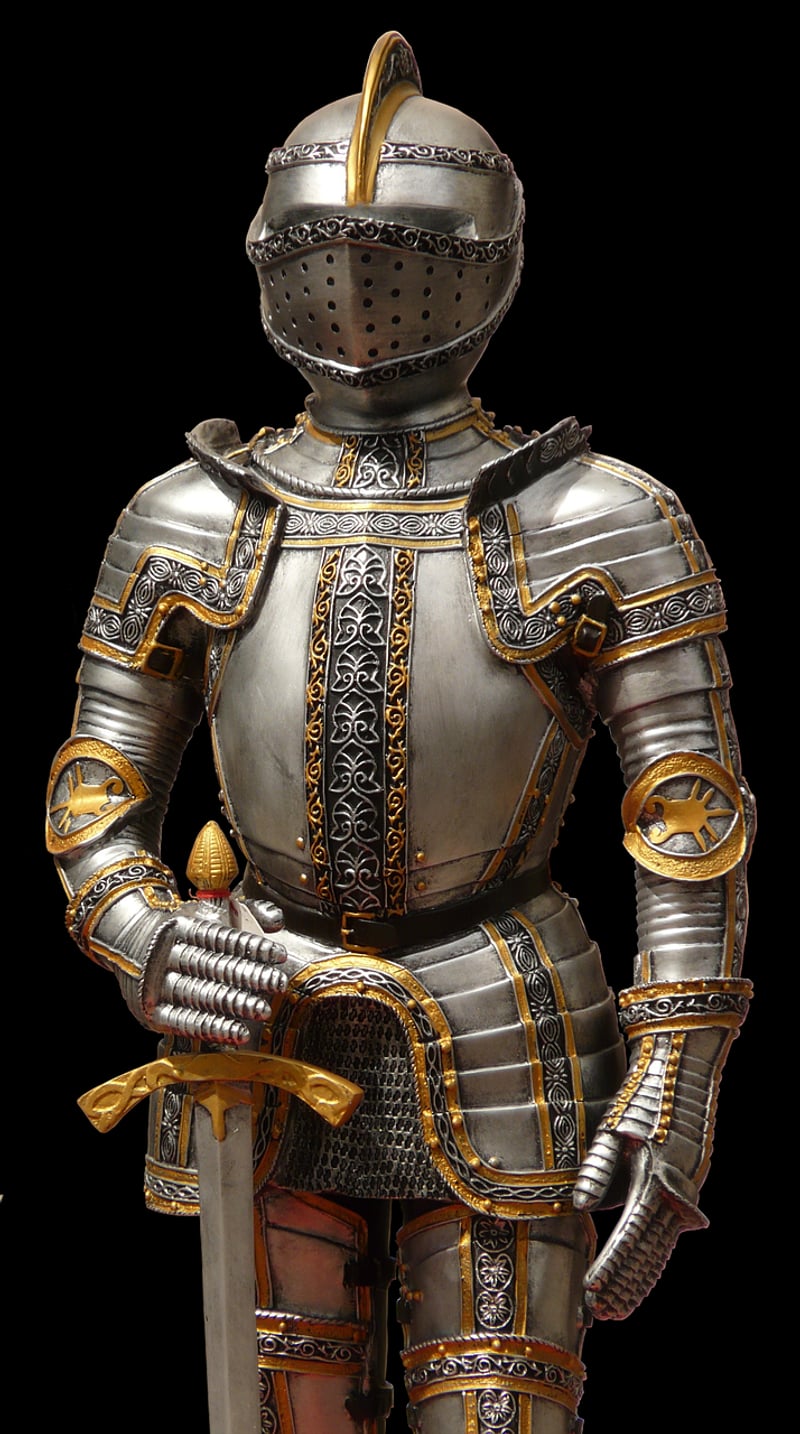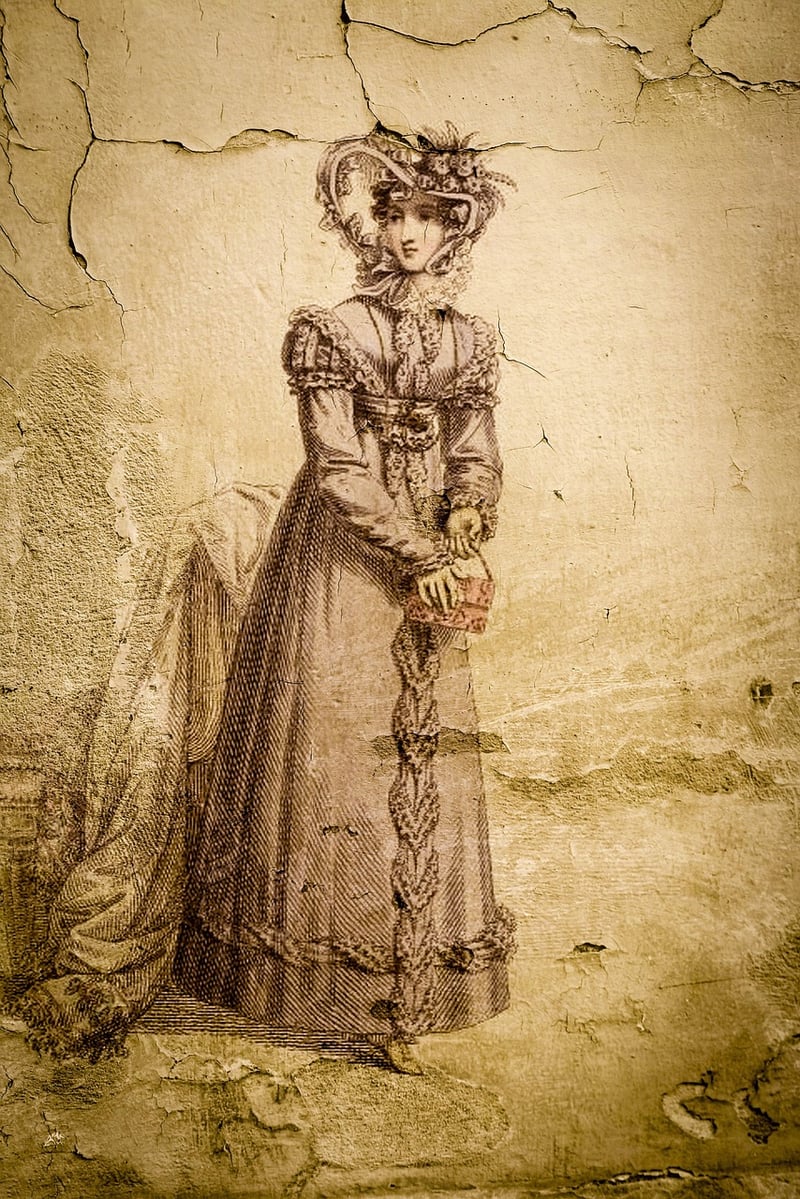Historical Etiquette
Guidance for Time Travelers: Navigating Historical Etiquette
Introduction
Welcome, time travelers! Embarking on a journey through different eras can be an exciting yet challenging experience. To ensure you blend in seamlessly and avoid any social faux pas, it's essential to familiarize yourself with the historical etiquette of the time period you're visiting. Let's explore some valuable guidance to help you navigate the intricacies of past societies.
Ancient Civilizations
When traveling back to ancient civilizations such as Ancient Egypt or Rome, remember to show respect for authority figures and adhere to their customs. Dress modestly, use formal language, and avoid making direct eye contact, as these actions were often seen as signs of respect.

Medieval Times
In the medieval period, chivalry and honor were highly esteemed. If you find yourself in a medieval court, address nobility with proper titles like "my lord" or "my lady," and observe the rules of courtesy and gallantry. Pay close attention to dining etiquette, as table manners were particularly important during this era.

Victorian Era
Traveling to the Victorian era requires a keen understanding of strict social codes and decorum. Proper attire, including gloves and hats for women, was essential. Remember to greet others with a nod or a bow, and always wait to be introduced before engaging in conversation.

Roaring Twenties
As you step into the glamorous world of the 1920s, embrace the spirit of the Jazz Age with style and sophistication. Be prepared to dance the Charleston, engage in lively conversations at speakeasies, and immerse yourself in the vibrant culture of the time.

Conclusion
Exploring different time periods can be a thrilling adventure, but it's crucial to respect the customs and etiquette of the era you're visiting. By following these guidelines and immersing yourself in the social norms of the past, you'll enhance your time-traveling experience and avoid standing out like a sore thumb. Safe travels!
For more information on historical etiquette, you can visit HistoryExtra.
